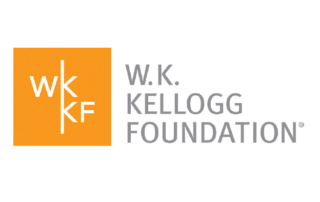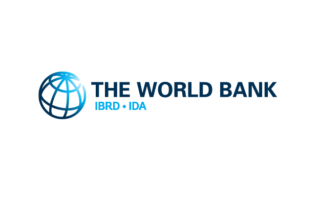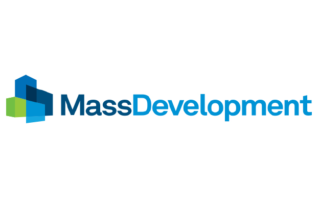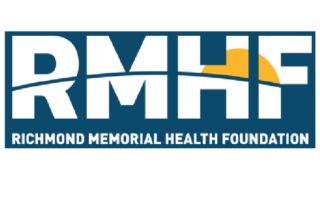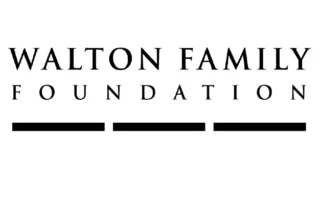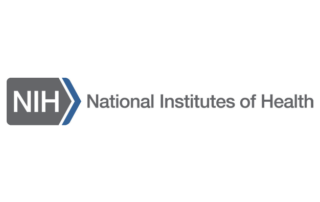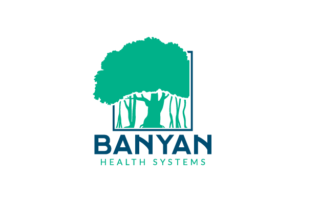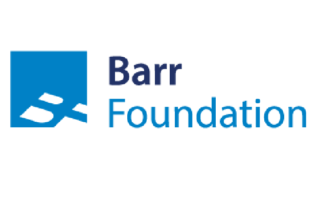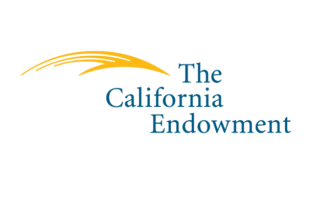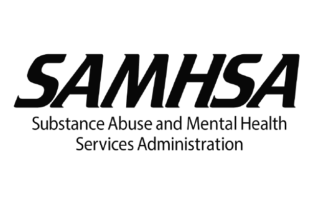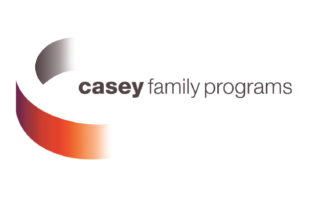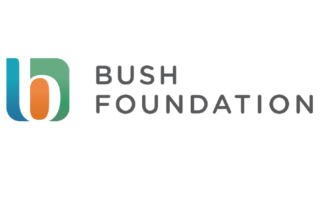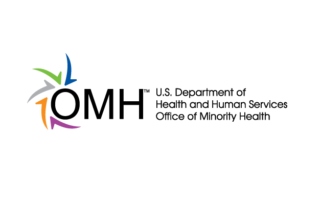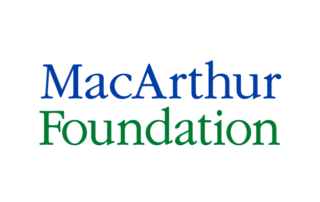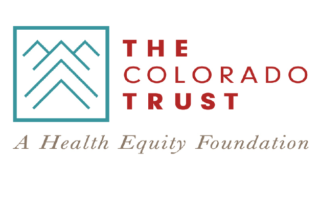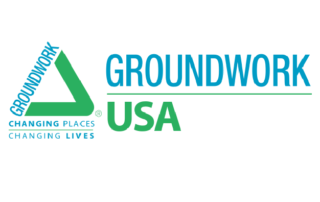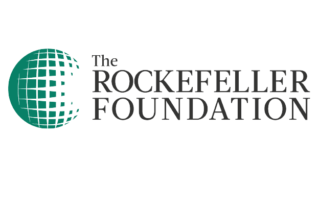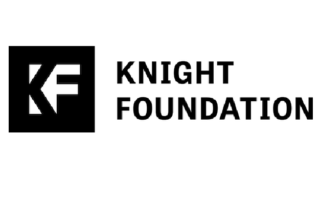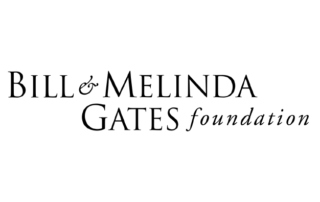Research and Evaluation
We use a variety of mixed qualitative and quantitative methods to help our clients and partners derive the most useful information and knowledge they need from our research and evaluation studies. Our approaches are developmental, collaborative, culturally responsive and scientifically principled.

Our Promise
Our commitment to social justice means we bring only the highest quality research and evaluation methods to our client’s projects. We use a variety of mixed qualitative and quantitative methods to help our clients and partners derive the most useful information and knowledge they need from our research and evaluation studies. Our approaches are developmental, collaborative, culturally responsive, and scientifically principled.
How We Can Help
Community Science provides a full range of research and evaluation capacities.
Our qualitative and qualitative research capacities include:
We specialize in several types of evaluation that are supportive of our mission:
Related Projects
The NAS Change Network program engagement launched in July of 2021 centers around continuous learning and evaluation process to understand the local and regional impact or “the network effect” of multiple cohorts of leaders’ social change efforts centering equity. The ...
FoodCorps, in concert with AmeriCorps, connects kids to healthy food in school, so they can lead healthier lives and reach their full potential. FoodCorps seeks to create a future in which all our nation's children—regardless of race, place, or class—know ...
The Walton Family Foundation (WFF) is transforming philanthropic collaboration by tackling global issues in K-12 education, lifelong learning, environmental conservation, and regional development in Northwest Arkansas and the Arkansas-Mississippi Delta. As part of their 2025 strategic plan, WFF’s Home Region ...
Community Science provided the Center for Community Progress (CCP), a national intermediary focused on transforming vacant and dilapidated properties into community assets, with strategic advising on performance measurement for the organization. We developed a set of performance measures that CCP is using to assess ...
Community Science is partnering with SPARCC (Strong Prosperous and Resilient Communities Challenge - a national effort to ensure that major new infrastructure investments “lead to equitable and healthy opportunities for everyone”) to foster wider use of community ownership models in ...
The Andrew W. Mellon Foundation sought to understand the demographic characteristics of the principal investigators and leaders of organizations that received its grants. Community Science is working with the foundation to develop, pilot, and administer surveys to capture the racial, ...
The Barr Foundation’s Barr Fellowship is a two-year program designed to invest in exceptional civic leaders, to strengthen their organizations, and to cultivate a network of leaders committed to Greater Boston. This fellowship was conceived in 2005 and has since ...
Northwest Pennsylvania Job Connect sought to understand local workforce needs, especially the needs of community members that typically experience barriers to employment. Community Science, as a subcontractor to BCT Partners, conducted a survey of local employers, focus groups with providers, ...
Community Science is authoring commissioned paper on the current environment for the coordinated delivery of post-disaster human services for children and families—particularly services provided by the Administration of Children and Families. This paper is intended to inform the National Academy ...

